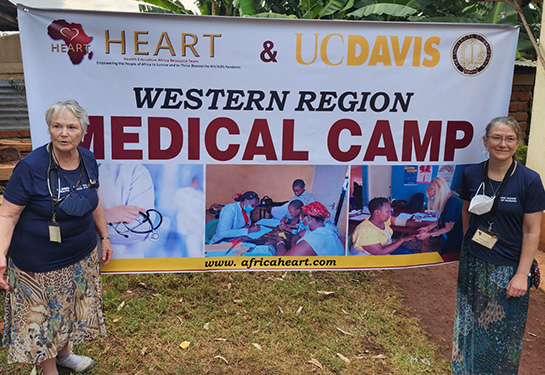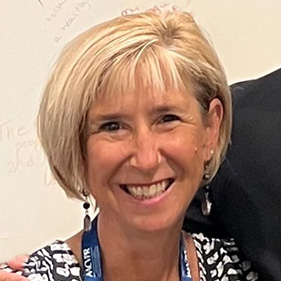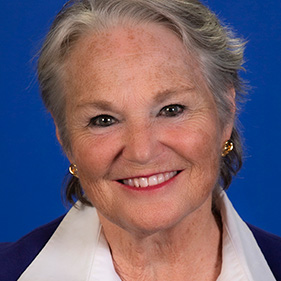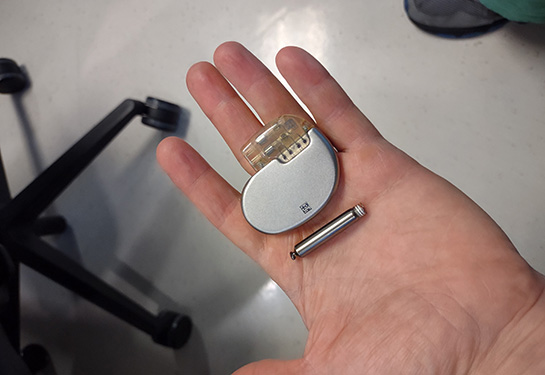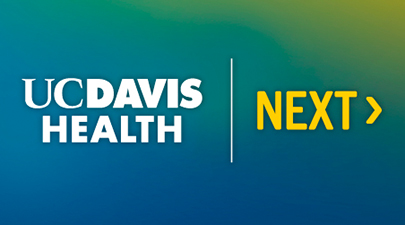UC Davis Health team travels to Kenya to help improve chronic disease management
Team ran medical camps and provided training to local medical professionals
A Multidisciplinary group of clinicians and health care providers from UC Davis Health recently traveled to Kenya to support, train and elevate the efforts of local providers to manage chronic diseases. The pilot project was partially supported by a Sustainable Development Goal grant from UC Davis Global Affairs.
Kenya has made great strides in controlling AIDS and other infectious diseases. However, now Kenyans are living longer and chronic diseases such as diabetes, heart disease and cancer are on the rise.
According to the World Health Organization, it is estimated by 2030 the death toll from chronic diseases in Kenya will equal that of infectious diseases, maternal and newborn death, and malnutrition combined.
Margaret Junker, registered dietician and diabetes care and education specialist at the UC Davis Health Cardiology Clinic, was one of those who made the trip.
“By having a multidisciplinary team of medical professionals visit, we were able to provide underserved Kenyans comprehensive medical screening and treatment in a short amount of time that local groups currently do not have the resources to provide,” Junker said.
By having a multidisciplinary team of medical professionals visit, we were able to provide underserved Kenyans comprehensive medical screening and treatment in a short amount of time that local groups currently do not have the resources to provide.” —Margaret Junker
In Kenya, the UC Davis group collaborated with Family Practice Physician Mariana Javeza Omenda from the humanitarian organization Health Education Africa Research Team (HEART) and conducted medical camps. There, they provided complete medical assessments including nutrition, psychosocial screening, pharmacy assessment and medical wellness check-ups that included eye exams, diabetes screenings and anemia screenings. Junker said most surprising was the number of women suffering from untreated severe anemia.
Other participants included Stephen J. Cavanagh, dean of the Betty Irene Moore School of Nursing at UC Davis; Laura L. Van Auker, associate clinical professor at the School of Nursing; and Sandra Kamba, a family nurse practitioner resident.
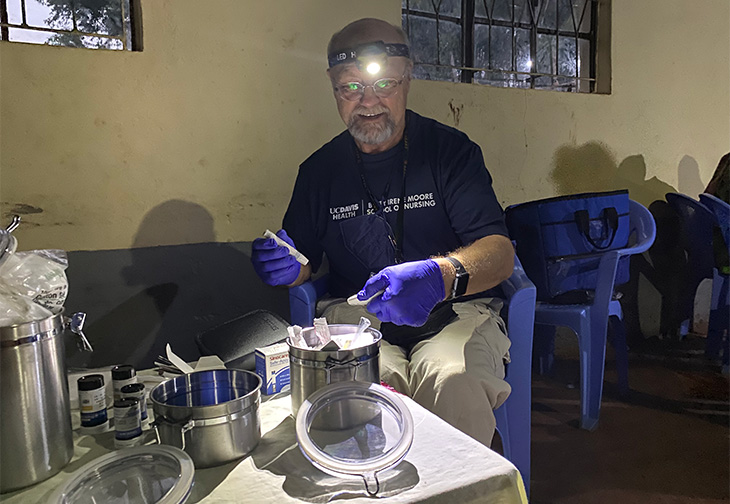
The team also provided training through a table-top simulation to faculty and students from the University of Nairobi School of Nursing and Medicine to model multidisciplinary teamwork.
“Working with local health professionals on this trip was so important because it allowed us to support the concept of having Kenyans own Kenya,” explained Van Auker. “Providing clinical training to local health professionals allows for this type of care to exist long after we leave.”
The model and standards of the trip developed by the UC Davis Health team were so successful, HEART plans to use it for all medical volunteer groups working with them in the future.
Working with local health professionals on this trip was so important because it allowed us to support the concept of having Kenyans own Kenya. Providing clinical training to local health professionals allows for this type of care to exist long after we leave.” —Laura Van Auker
Committed to improving the well-being of all
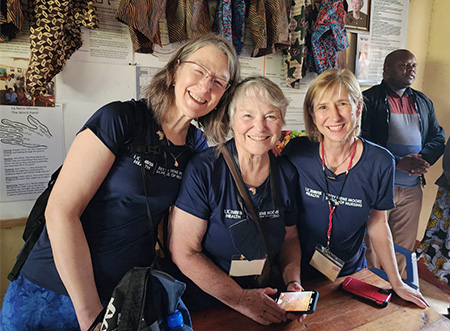
The multidisciplinary team's visit to Kenya was in line with UC Davis Health’s efforts surrounding global health. Known as One Health, the interdisciplinary approach recognizes the interconnectedness of people, animals, and the environment and aims to identify and address the fundamental causes of poor health to improve the well-being of all.
“Our physicians, staff and students can grow through trips like this by gaining practical experience which will reinforce medical knowledge, learning about the many social determinants of health, and gaining experience in cultural competency,” explained Shakira Bandolin, director of the Global Emergency Medicine at UC Davis Health. “By gaining experience with different populations around the world, with different cultures and belief systems, global health rotations instill an appreciation for diversity and the importance of practicing among underserved and multicultural populations.”
Moving forward, the team is working with Global Health to create an annual trip to Kenya that would offer UC Davis Health faculty, staff and students global experiential learning opportunities.

